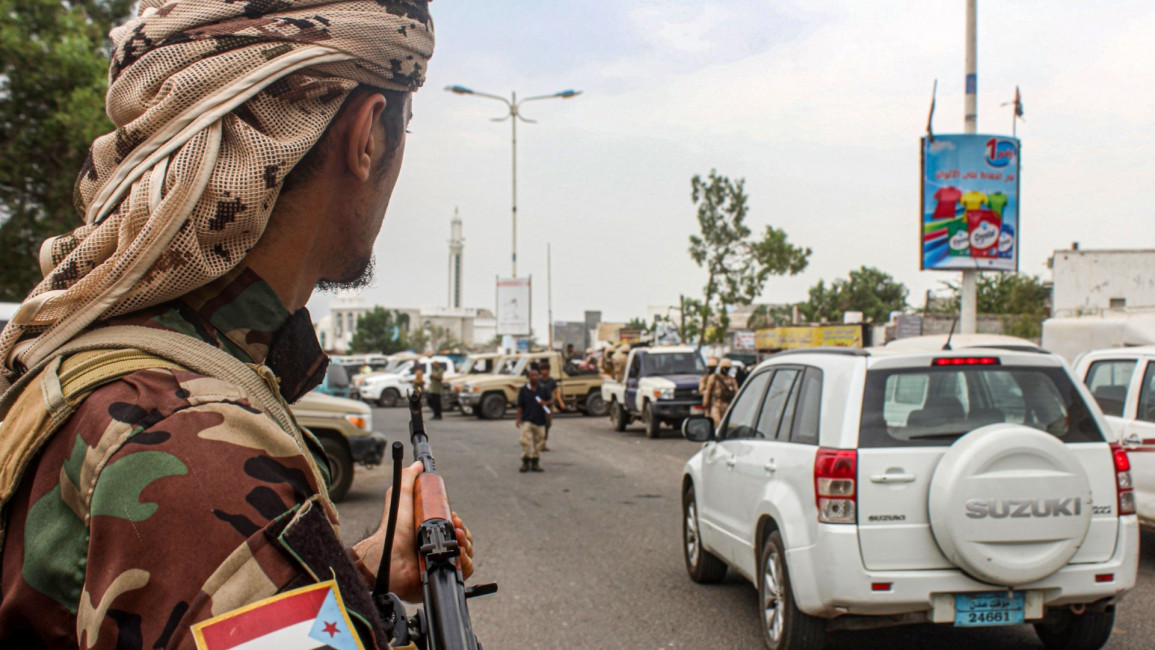Yemen prisoner swap agreed: government, rebel sources
Both sides in Yemen's war agreed to exchange more than 1,000 prisoners during UN-sponsored talks in Switzerland, sources from both sides said on Saturday.
The government, supported by a Saudi-led military coalition, and Iran-backed Houthi rebels agreed to exchange some 15,000 detainees as part of a peace deal brokered by the United Nations in Sweden in 2018.
The two sides have since made sporadic prisoner swaps, but the release of hundreds of loyalists and insurgents - if it materializes - would mark the first large-scale handover since the war erupted in 2014.
"A deal to exchange 1,081 prisoners has been reached," a member of the government delegation told AFP on condition of anonymity.
The deal includes the release of "681 rebels, and 400 government forces (and allies), among them 15 Saudis and 4 Sudanese", added the source.
Read more: Will UAE-Israel deal draw Tel Aviv into Yemen's war?
"It must be implemented in two weeks," he said.
A Huthi source close to the talks confirmed to rebel-run Al-Masirah TV channel that this round of the talks was due to end Sunday with the announcement of the agreement.
The talks started in an undisclosed location in Switzerland on September 18 aimed at agreeing the release of 1,420 prisoners. Among them is the brother of Yemeni President Abedrabbo Mansour Hadi.
But the release of General Nasser Mansour Hadi from the hands of the rebels "has been postponed," according to the government delegation member.
The International Committee of the Red Cross will oversee the return of detainees to their families.
Senior rebel commander Moahmed Ali Al-Huthi tweeted: "What matters to us is implementing the deal, not only signing it."
The Yemen conflict has killed tens of thousands of people, most of them civilians, and sparked what the United Nations calls the world's worst humanitarian crisis.



